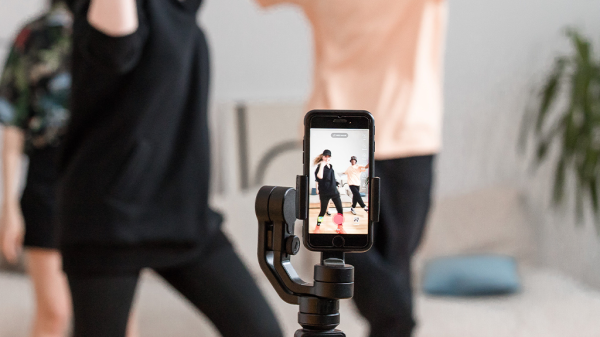Facebook “likes” are now protected speech
After the 4th U.S. Circuit Court of Appeals ruled that Facebook “likes” are protected under the First Amendment, as a manager or business owner, you can no longer reprimand or fire an employee for “liking” your competition. This is a rather interesting twist. It will definitely eliminate the rumors that employees of Coca-Cola have been fired for “liking” the Pepsi page.
Employees cannot be terminated for “liking” pornography, racist memes or pages, or religious extremist groups. This is a bit convoluted considering that Facebook’s own views on freedom of expression are a little blurry at times. Take, for example, its many actions against any breast-related content (including breast feeding mothers and breast cancer survivors), and even boudoir photographers using their pages to showcase their portfolios. But, also, any content they deem marginally “unacceptable,” is removed.
The slippery slope
The freedom of speech should not be confused with the freedom of expression; however, because it is still a somewhat slippery slope and can create difficulties when planning a marketing campaign.
However, it can also be helpful. Employees now have the freedom to “like” what they choose without fear of the unemployment line; use this information. You can learn a lot about a person from the things they like on Facebook. It can reflect lifestyle choices, political and religious views, favorite foods, and frequented places.
There is a treasure trove of information that can be gained by browsing through someone’s Facebook, now more than ever. You could look through your competitor’s “likes” and see just how many employees “like” it, as well as, how many of your competitors “likes” also “like” you and market directly to them; either for selling or recruitment.
Both employees and employers should use their own moral compasses regardless of the freedom to “like” what you want because even though you cannot fire an employee for “liking” something now, it does not mean you have to promote them.
And that is the bottom line: even if an employee’s “likes” are protected, you do not have to like them too. And employees: you may have free speech, but people are still going to judge what you say, do, and like, so use a little caution (or your Facebook lists and privacy settings), to keep both your job and your individuality.
Jennifer Walpole is a Senior Staff Writer at The American Genius and holds a Master's degree in English from the University of Oklahoma. She is a science fiction fanatic and enjoys writing way more than she should. She dreams of being a screenwriter and seeing her work on the big screen in Hollywood one day.










































